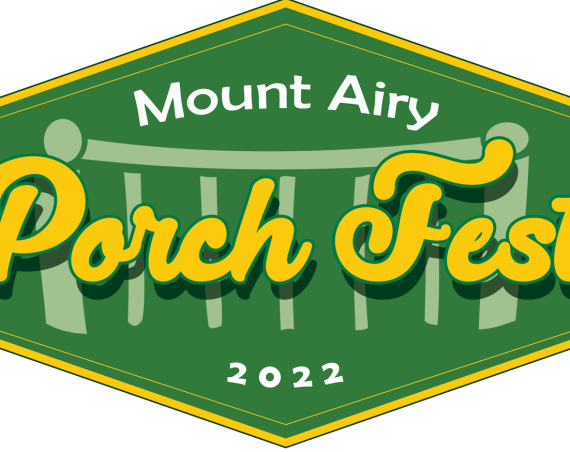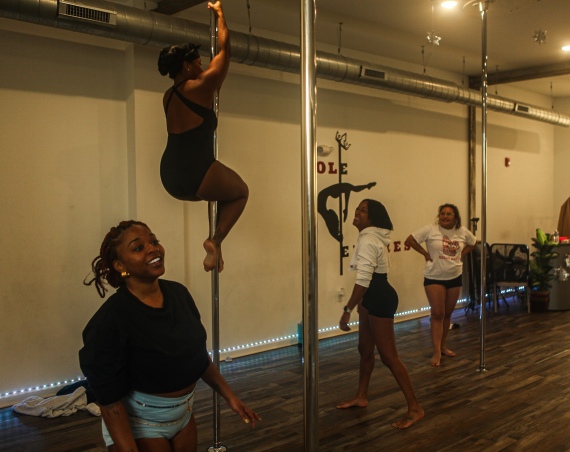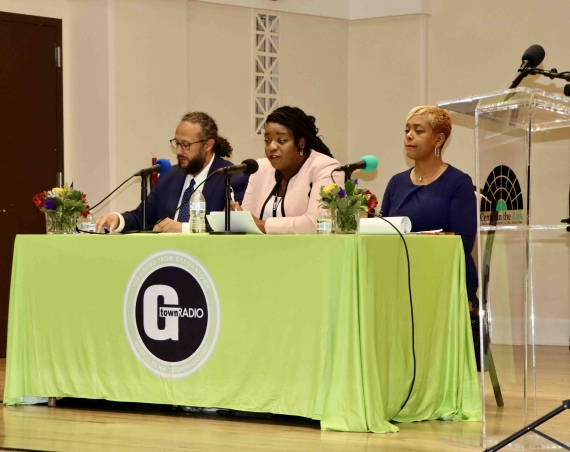
In December 2019, the city passed a plastic bag ordinance prohibiting businesses from issuing single-use plastic bags at checkout. Due to the pandemic, city officials delayed implementation until July 2021. Since then, non-compliant businesses have only received warnings. Starting April 1, all non-compliant businesses will receive fines. Shoppers in Germantown have mixed reactions now that the law is entirely in effect.
Quite a few people in the neighborhood find the ban beneficial for the environment. David Chaney, who frequents shops at the Pulaski Plaza, says that while he isn’t a “go green fanatic,” an initiative that could help improve our ecosystem should be supported.
Some locals share the sentiments of Lila Bricklin and Petra Denise. Both have used reusable bags for years, so the ordinance didn’t affect them.
Shannon Sims, who also carries reusable bags, believes she sees fewer plastic ones on the streets. As a thrift store worker, she hears lots of complaints. “Some people take their stress out on me and my co-workers as if we created the ban,” Sims says. “I try to remind people it’s not a bad thing. It’s just a new and different thing.” Sims clarifies that while there are folks who complain, there are also customers who do well with the ban. She recognizes that a trash problem is still plaguing our streets but says it’s still a step in the right direction.
And while most folks believe it’s a smart choice for the environment, the law is forcing shoppers to change their habits. “I have to be more mindful than before. I can’t just run to the store like I could before, or I’ll have to pay a bit more [for bags],” says Kayla Blackburn, who shops at the Fresh Grocer on Chew Avenue.
She also shares that the quality of the paper bags isn’t as good as she’d like them to be. She says the bags are fragile, and it feels like the handles rip before she can exit the store.
Germantown native, A.J. Marrero, is more reluctant to shop on their own because of the ordinance. Living with a chronic illness, Marrero says “it’s painfully tiring” to carry items one by one from the cart to their car if they forget a reusable bag.
Marrero also questions how this impacts Black and low-income communities. “Most of Philly where Black people are is food deserts, and you can’t just walk to the supermarket,” they say, uplifting a known fact about Germantown, specifically East. “And a lot of people don’t drive, so it’s hard to imagine how many people can actually adjust.”

The Germantown Info Hub is one of over 20 news organizations producing Broke in Philly, a collaborative reporting project on solutions to poverty and the city’s push towards economic justice. Follow us at @BrokeInPhilly.



